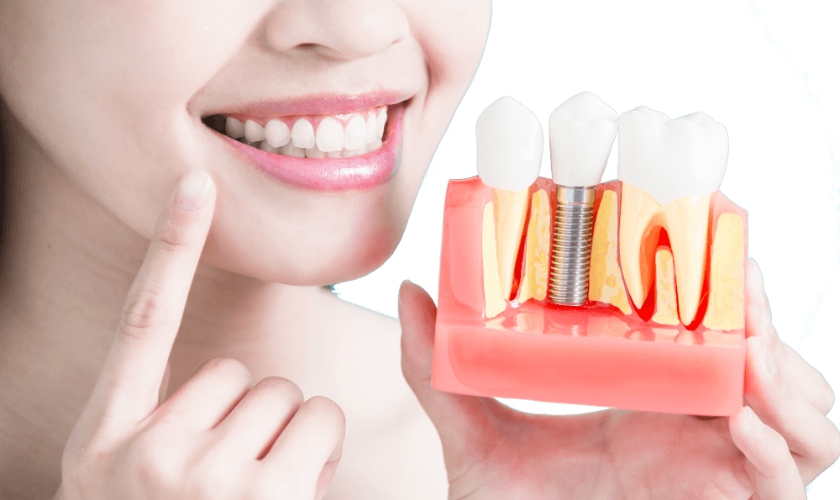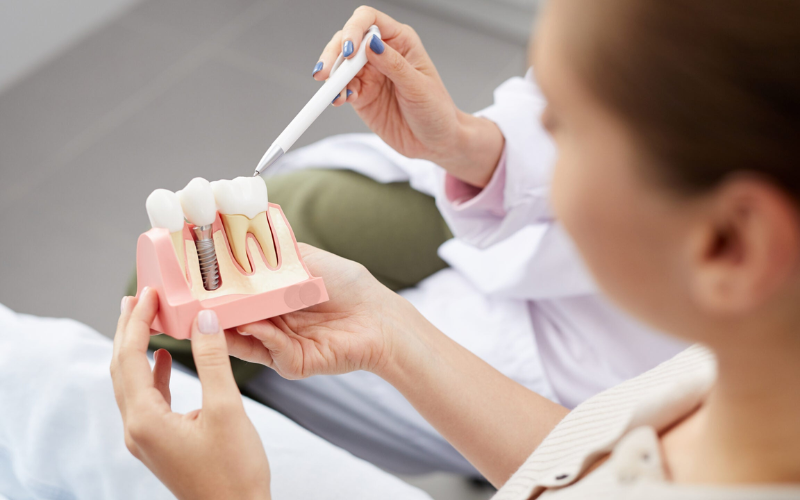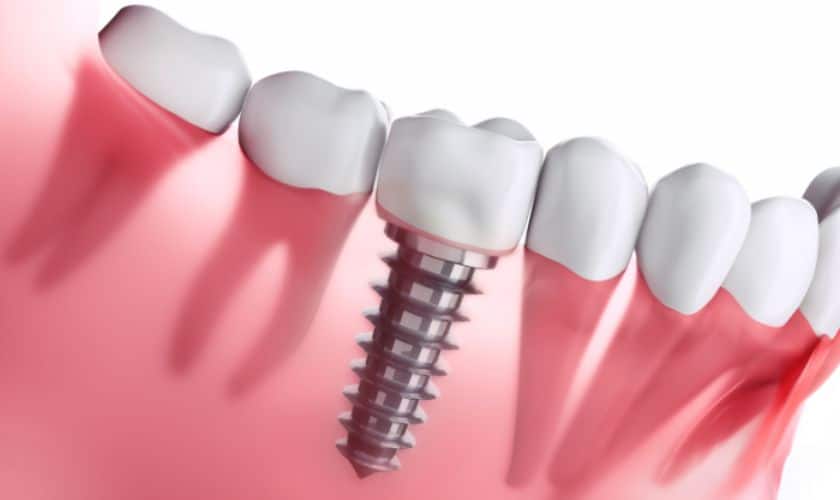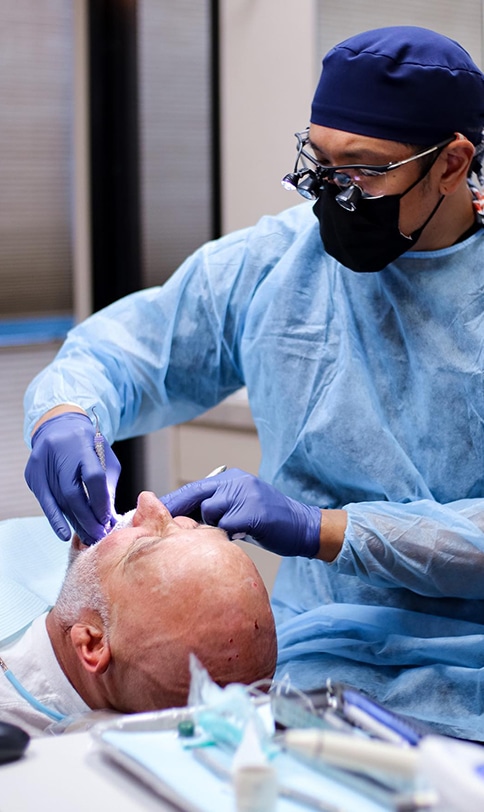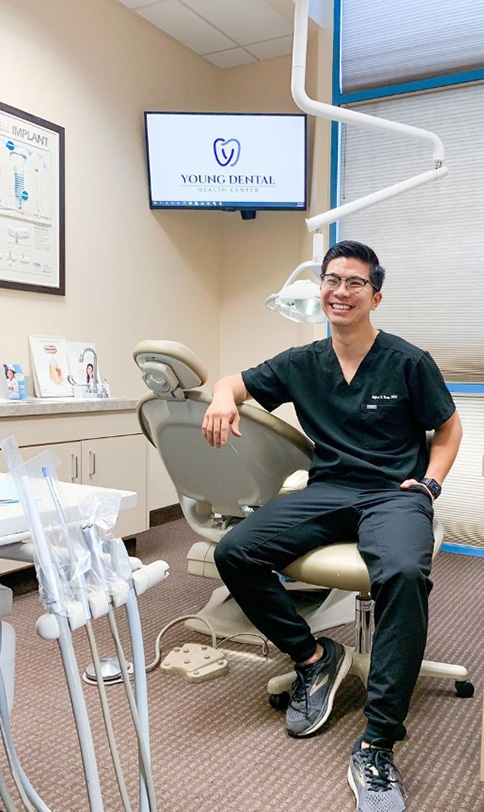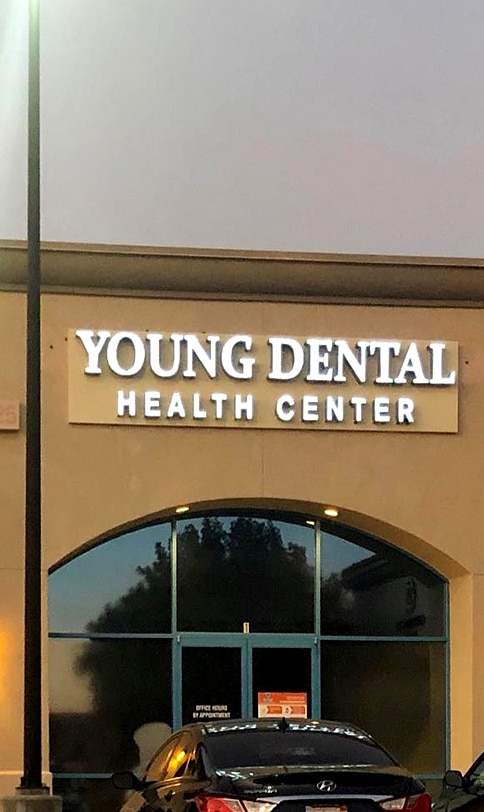E-mail Us
What Is The Best Age For Dental Implants?

Many people ponder this question when thinking about improving their smile and quality of life. Dental implants offer a long-lasting solution to tooth loss, but timing matters. While there’s no strict age limit, understanding the factors influencing when implants are most effective can help you make an informed decision. Whether you’re in your 20s or approaching your golden years, the right age for dental implants depends on various personal factors and health considerations.
Dental Implants: A Timeless Solution?
Before diving into the ideal age for implants, let’s quickly explore what they are. Dental implants are artificial tooth roots made from titanium, surgically inserted into the jawbone. Once in place, they act as a foundation for permanent or removable replacement teeth designed to blend in with your natural teeth. But is there a particular age range where implants work best?
While it may seem that younger adults are ideal candidates for implants, the truth is more nuanced. Dental implants work effectively for a broad age spectrum, provided you meet certain health conditions.
The Importance of Maturity
When considering dental implants, the first thing to consider is bone maturity. Dental implants require a solid foundation, and your jawbone must be fully developed to support the implant. For most people, this bone maturity happens in their late teens or early twenties. If the bone is still growing, the implant might shift over time, leading to complications.
So, what does this mean for younger individuals? Most dentists recommend waiting until after bone growth is complete, which typically occurs in your early 20s. If tooth loss happens earlier in life, temporary solutions like dentures or bridges might be used until the person is old enough for implants.
Young Adults: 20s and 30s
Once you’ve passed the threshold of full bone development, your 20s and 30s can be an ideal time to get dental implants. At this stage, your health is likely at its peak, and your bones are still strong. Plus, the recovery process tends to be smoother for younger adults, allowing for a quicker return to your daily activities.
The sooner you address tooth loss, the less bone deterioration you’ll experience. One of the significant benefits of implants is that they stimulate the jawbone, preventing the bone loss that typically follows missing teeth. Young adults in their 20s and 30s are in a prime position to maintain their bone structure for years.
Middle-Aged Adults: 40s and 50s
Your 40s and 50s also offer a favorable window for dental implants. By this age, many people have developed a stable routine for maintaining their overall health, which plays a critical role in the success of dental implants. Regular exercise, a balanced diet, and avoiding harmful habits like smoking will contribute to the long-term success of your implants.
However, with advancing age comes the potential for gum disease and other oral health issues that could complicate the implant process. It’s essential to maintain excellent oral hygiene and consult with your dentist about the condition of your gums and bone density. Even if issues like gum disease arise, they can often be managed with proper treatment before moving forward with implants.
The Golden Years: 60 and Beyond
What if you’re in your 60s or even 70s? Is it too late for dental implants? No. Age alone isn’t a disqualifying factor. Many people in their 60s, 70s, and beyond successfully receive implants and enjoy a new lease on life. The key factor here is your overall health.
One common concern for older individuals is bone loss. Over time, the jawbone can shrink due to tooth loss, making it more challenging to insert an implant. However, bone grafting can help build bone density, ensuring you’re still a candidate for implants. If you’re in good health and your bone structure can support it, there’s no reason to avoid considering dental implants later in life.
Health Over Age
What determines the perfect age for dental implants isn’t necessarily how many candles are on your birthday cake. Instead, overall health, bone density, and oral condition play a much more significant role. Smokers, for instance, may experience more difficulties with healing and implant integration, while individuals with uncontrolled diabetes might face additional challenges. Consulting with your dentist and possibly a specialist is the best way to determine whether you’re ready for implants, regardless of age.
Being proactive about managing health conditions, maintaining excellent oral hygiene, and following your dentist’s instructions will make a world of difference in the success of your implant procedure. Ultimately, the best age for dental implants is when your body and oral health are prepared.
Timing for Teens and Younger Candidates
Although the conversation often centers on adults, younger individuals can also face tooth loss due to accidents or genetic conditions. In these cases, jumping straight into dental implants is tempting, but bone maturity is crucial, as mentioned earlier. Waiting until the late or early 20s ensures the best outcome for teens and young adults. Temporary solutions like braces, bridges, or dentures may fill the gap until they are old enough for implants.
Factors to Consider Regardless of Age
While age is an essential factor, it’s not the only one. Here are some additional considerations that could influence your readiness for dental implants:
1. Bone Density – Healthy bone mass is necessary for the implant to integrate successfully.
2. Gum Health – Your gums must be disease-free, as healthy gums provide a stable foundation for implants.
3. Medical Conditions – Health issues like diabetes, cancer treatments, or blood disorders may affect healing.
4. Smoking Habits – Smoking can delay healing and increase the risk of implant failure. If you’re a smoker, quitting before getting implants is highly recommended.
The Right Time Is Your Time
The answer lies in your health rather than the years you’ve lived. From your early 20s to your 60s and beyond, dental implants are a viable option for those who prioritize their overall and oral health.
While younger patients enjoy quicker healing and stronger bone density, older adults can also experience life-changing benefits from implants. The key is to consult your dentist, get a complete evaluation, and address any underlying health conditions. When you’re ready, dental implants can transform your smile and improve your quality of life—regardless of age.


